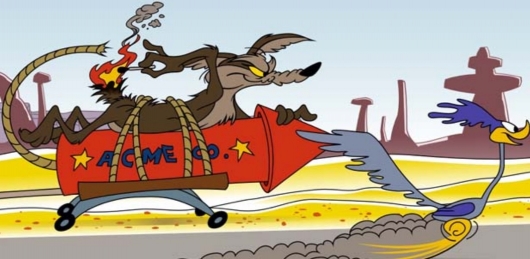Copyright and intellectual properties rights are important considerations in the arts and culture industry. The industry strives to expand the awareness and exposure of creatives, but often either intentionally or inadvertently fall short when it comes to properly compensating creators.
Admittedly, knowing your responsibilities when it comes to intellectual property/copyright and contracts in general can be confusing which is why they are subject of a fair number of posts on ArtsHacker.
One of those tricky areas is payment of musical performance rights to entities like ASCAP, BMI, SESAC and GMR. In particular, when you have someone playing music at a live event, who is supposed to pay, the venue or the performer? (Btw, if you play recorded background music in a public place, you are supposed to pay rights.)
One of my go to resources when it comes to arts law is Brian Taylor Goldstein of GG Arts Law. He did a piece on his blog that addresses this question. The section I want to emphasize is the following:
If musicians are performing original music they composed themselves, then they can certainly agree to perform their own music for free. ..However, if a musician or band is playing (“covering”) music composed by others,… doesn’t mean that the composers have allowed their music to be performed for free as well. A performance requires a performance license.
As for whose responsibility it is to obtain the necessary license, its legally everyone’s responsibility. If an unlicensed song is performed at a festival (even a free festival), then the U.S Copyright Act allows all the parties involved in arranging the performance—the artist as well as the venue or festival, and sometimes even the promoter, producer, or booking agent—to be liable for copyright infringement. So, while you could require the musicians to obtain their own licenses with regard to any music they are performing which they have not composed themselves, in my opinion that is a foolish policy. Why? Because most musicians will simply not bother and elect to take the risk of not getting caught. However, if they do get caught, it is the venue or festival who will be liable as well. It doesn’t matter that the festival may have required another party to obtain the license. That simply entitles the festival to sue the other party. The festival itself will remain liable to the composer.
That penultimate sentence about contracts is something I have written about before and is important to know. A contract between two entities stipulating who is responsible for what in their relationship is exactly that – a contract between two entities.
The contract doesn’t direct the actions of any uninvolved party. You can’t tell someone they can only hold Acme Corporation responsible because your contract with them says they take responsibility. Others can hold you just as responsible as Acme. Your contract with Acme only allows you to turn around and sue them to for whatever impact being held responsible has had on your organization.
